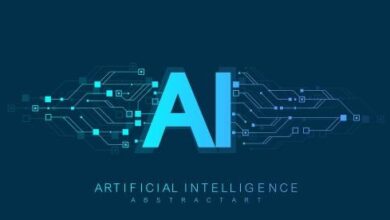AWS developer uses generative AI assistant for coding, analytics

I’ve been interested in software engineering ever since I got hooked on video games as a kid. I studied computer science in college at the University of Maryland, which was hard work. I didn’t really get it at first—until I built first my first app and saw how much creativity was involved in the process.
I went on to work for more than 10 years as a software engineer, initially coding for government contractors and later running cloud infrastructure and data analytics platforms for technology companies.
These days, I work at Amazon Web Services (AWS) as what’s known as a developer advocate—it’s a role that allows me to connect with other engineers help them learn about AWS tools. I spend much of my time sharing my knowledge at workshops, meetups, and AWS Community Day events.
Additionally, I do a lot of my own experimenting, building with AWS’s latest tools and creating real-world applications for the newest generative AI tools that we are building on AWS.
One tool I’ve been using recently is Amazon Q, which AWS just announced is now generally available. It’s a generative artificial intelligence-powered assistant that’s designed to revolutionize the future of work for employees across every organization and department.
When Amazon Q was first previewed at re:Invent last year, I knew I needed to give it a try. Using generative AI, it can give you fast answers to questions, solve problems, and generate content.
It’s useful for more than just developers like me, of course. IT professionals and business users of all kinds use Amazon Q to extract relevant information to streamline tasks and speed up decision-making.
I think this is one of the best generative AI tools that can help to spark creativity and innovation at work.
Here are three ways I’ve been using Amazon Q to do just that:



